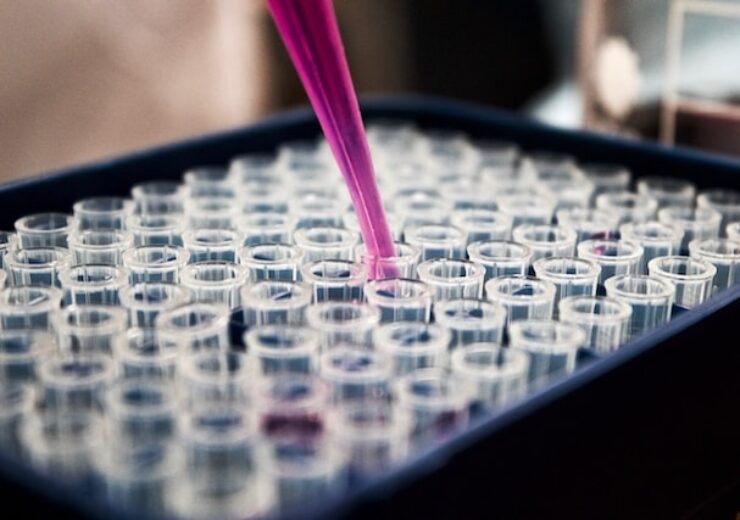The Prosigna assay analyses the activity of the PAM50 gene signature, along with clinical-pathological features, to provide a prognostic score indicating the probability of cancer recurrence in patients with early breast cancer

Prosigna assay runs on the nCounter Analysis System. (Credit: Louis Reed on Unsplash)
US-based diagnostics company Veracyte announced that the use of the Prosigna breast cancer assay significantly improved treatment decisions for patients with early-stage breast cancer.
The Prosigna assay is a genomic test that runs on the nCounter Analysis System to analyse the activity of the PAM50 gene signature, along with clinical-pathological features.
It provides a prognostic score indicating the probability of cancer recurrence in a patient with early breast cancer, during the next 10 years if treated with endocrine therapy alone.
The new data is based on EMIT, a multi-year, population-based study in Norway, which evaluated the impact of molecular testing, using the Prosigna assay, on breast cancer care.
The results from the EMIT study showed that the assay helped in reducing the use of chemotherapy among patients with clinically high-risk diseases.
Rikshospitalet Oslo University Hospital Department of Oncology professor Bjørn Naume said: “Our findings demonstrate the important role that gene expression testing, and in particular the Prosigna assay, can play in offering physicians better prognostic information to help guide next steps for their patients with breast cancer.
“Specifically, Prosigna test results changed physicians’ treatment decisions in all patient clinical-risk groups with early breast cancer, regardless of whether they were low-, intermediate-, or high-risk, and reduced treatment discrepancies across hospitals.”
The study evaluated data from 2,164 women with early-stage breast cancer, recording physicians’ treatment decisions for these patients before and after a Prosigna test result.
Before using Prosigna, physicians directed 27% of patients to no systemic treatment, 38% to endocrine therapy only and 35% to chemotherapy followed by endocrine therapy.
After using the test results, the treatment decisions changed to 25% for systemic treatment, 51% for endocrine therapy and 24% for chemotherapy.
The use of the Prosigna test changed the therapy decisions for almost one-third of patients.
Veracyte’s breast cancer medical director Kelly Marcom said: “We are honoured that the Prosigna test was selected to be part of EMIT, which we believe is among the most rigorous studies to evaluate the impact of gene expression testing on clinical decision-making and patient outcomes in breast cancer.
“The findings presented at the ESMO Breast conference add to the growing body of evidence demonstrating the clinical utility of Veracyte’s Prosigna assay.
“We look forward to additional data that will come out of the EMIT trial as researchers continue to follow these patients over multiple years.”
